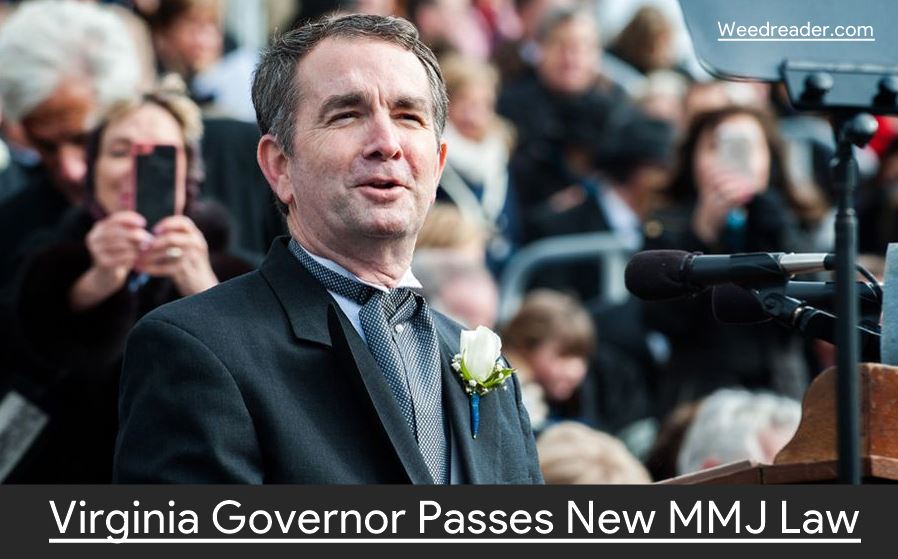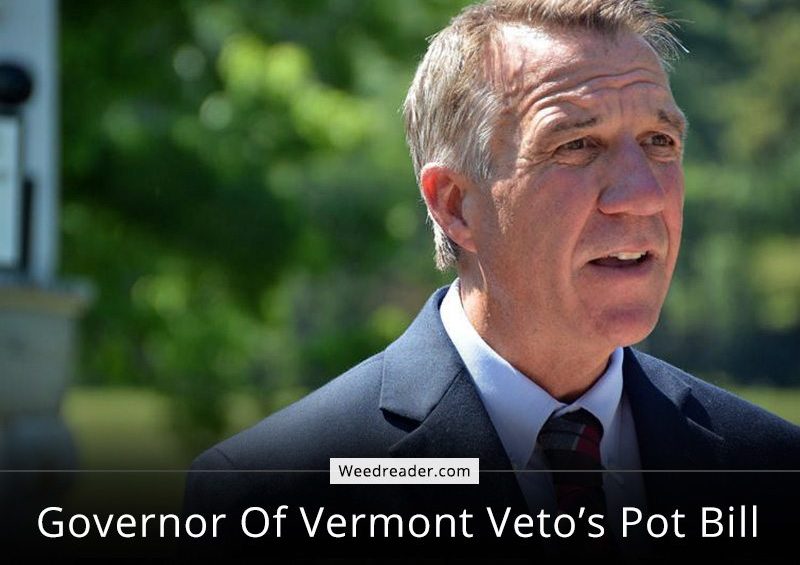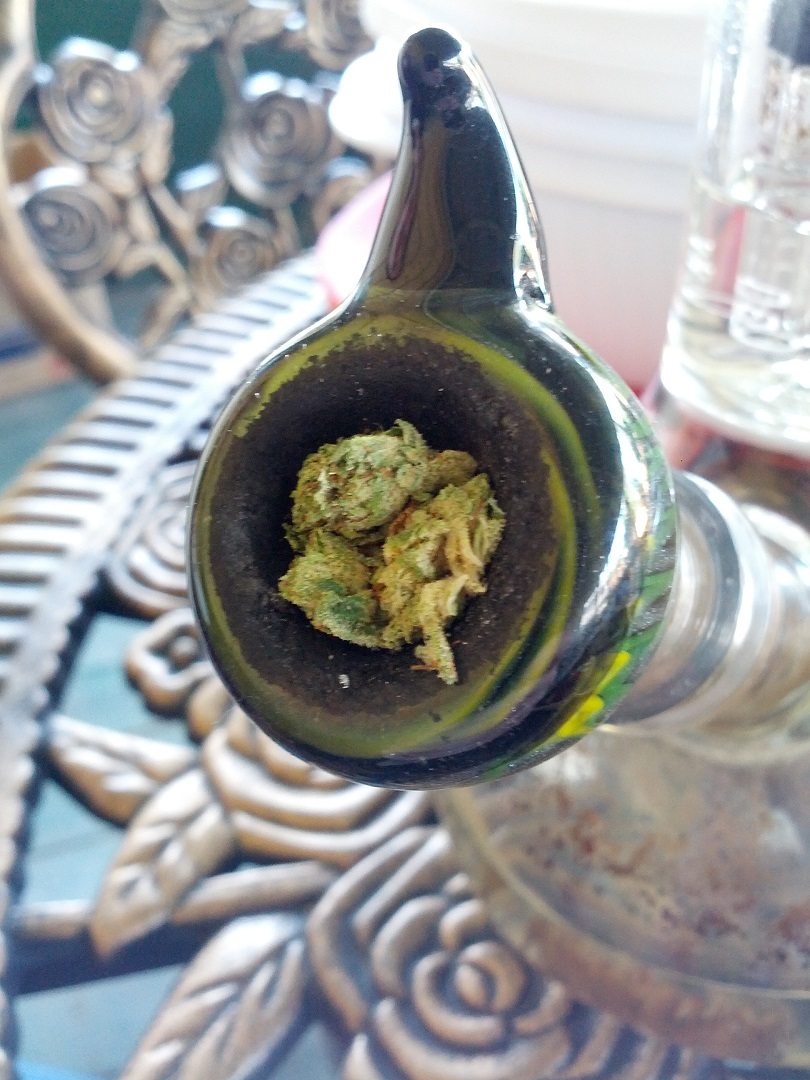Virginians are getting excited about MMJ.
Back in February, the senate unanimously passed House Bill 1251. The bill is supposed to help struggling patients obtain MMJ treatments. After getting through the legislature, the bill landed on Virginia governor desk.
On March 9th, the governor signed HB-1251 into law. So with the stroke of a pen, governor Northam massively expanded the state’s medical marijuana program. The biggest area expanded by the new law is around the non-intoxicating cannabinoid CBD.
The new law gives doctors the ability to approve a medication if they feel it will help the patient. This is far more comprehensive than the previous law passed in 2015 which only allowed use for a select few. Under the old rules, pretty much only patients with intractable epilepsy get covered.
The new law increases access for most Virginians.
The new law allows vertically integrated pharmaceutical processing companies to dispense up to a 90 day supply to patients that fit the bill. So advocacy groups showed lots of support for the bill as well. Pretty much all the advocacy groups working on the bill are ecstatic.
The executive director of Virginia NORML, Jenn Michelle Pedini, praised the law in local coverage. She told reporters in an interview, “This will bring relief to thousands of Virginians suffering from cancer, Crohn’s disease and PTSD,”. Pedini continued, “We could not be happier with the unanimous passage of these bills.”
These reforms come after a broad change in public opinion in the last few decades. According to a 2017 poll by Quinnipiac University, about 94% of Virginians approve of the medicinal use of cannabis. In addition, the poll found that a majority (59%) of Virginians support recreational marijuana as well.
Virginia doesn’t want opioids.
Republican House Delegate Benjamin L. Cline (r) Sponsored the bill as a way to combat the opioid epidemic. He explained to reporters that his reason for introducing the bill was to offer an alternative to patients needing pain management. He said, “This allows another option for residents of Virginia, and it does provide some assistance for pain management and may give people an alternative…”
The new bill helps many families struggling with opioids. Under the old rules, many people had to move to other states like Colorado or Oregon to get specific kinds of MMJ treatment. With the new regulations in place, those patents can stay right where they are in Virginia.
Patients don’t have to wait much longer.
Most bills like this have a transition period built into them. It gives retailers, regulators and the general population to adjust to the rules. But HB-1251 has a different clause embedded in the fine print. It says “that an emergency exists and this act is in force from its passage.”
So the only thing preventing Virginian’s from enjoying the new CBD rules is licensing. Although, vertically integrated facilities are racing to get the new product on the shelves and into the hands of needy Virginians. But the new demand may prove greater than the state supply in the coming days.
What do you think about the new law? Do you know anyone who moved to get MMJ treatments? Would a law like this keep you from leaving the state for medical treatment? Let us know your thoughts in the comment section!
Edit: Updated for clarity and accuracy.







